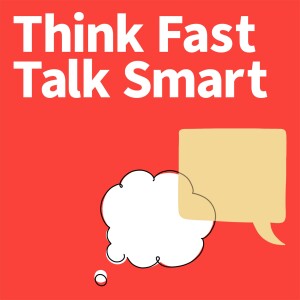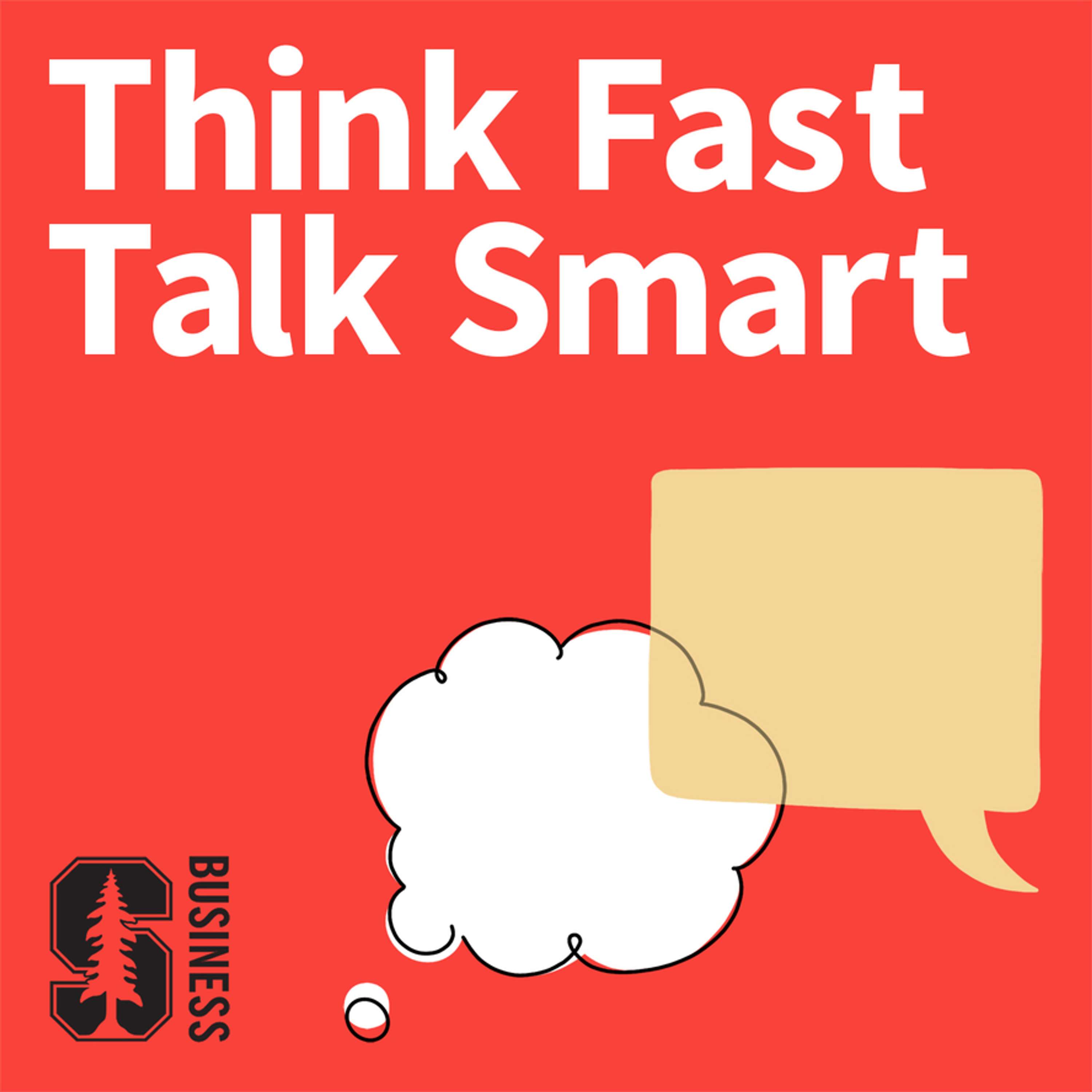
Think Fast Talk Smart: Communication Techniques
Business:Careers

66. Best Of: Lessons from Neuroscientist Andrew Huberman to Help You Hack your Speaking Anxiety
 2022-08-30
2022-08-30
“There’s no difference between the physiological response to something that you’re excited about and something that you’re nervous about or dreading,” says Andrew Huberman associate professor of neurobiology and ophthalmology at Stanford University.
In this “Best of” episode, we revisit one of our most popular interviews. In it, Huberman, from the wildly popular Huberman Lab Podcast, shares his research on the autonomic continuum, a spectrum between states of high alertness or fear all the way down to deep sleep, and shares how to use the system to your advantage. “If people can conceptualize that the anxiety or stress response is the same as the excitement response, they feel different,” Huberman says.
Connect:
- Email Questions & Feedback >>> hello@fastersmarter.io
- Episode Transcripts >>> Think Fast Talk Smart Website
- Newsletter Signup + English Language Learning >>> FasterSmarter.io
- Think Fast Talk Smart >>> LinkedIn, Instagram, YouTube
- Matt Abrahams >>> LinkedIn
Timestamps
[1:32] Best of Summer series Episode 3 Homework Assignment: Breathing exercise
[3:09] The autonomic continuum and the state we enter when we get nervous
[5:59] Our nervous system when we're getting ready to go to the podium
[10:02] A relaxation hack: forward movement under conditions of anxiety or high levels of alertness
[12:50] EMDR Eye Movement Desensitization Reprocessing: side-to-side eye movement that triggers the suppression of fear in the brain
[15:11] Ways to raise your stress tolerance for high levels of agitation in your body.
[17:25] Breathing hack: Just an exhale is the wrong advice. You want to do a double inhale. So inhale twice through the nose. So inhale through the nose. And then before you exhale, sneak in a little bit more air and then do a long exhale.
[20:05] What we can do to prepare for anxiety in advance.
[22:50] Insight for virtual communication.
[24:44] Huberman's answer to the Think Fast, Talk Smart three questions Matt asks all guests.
More Episodes
Create your
podcast in
minutes
- Full-featured podcast site
- Unlimited storage and bandwidth
- Comprehensive podcast stats
- Distribute to Apple Podcasts, Spotify, and more
- Make money with your podcast
It is Free
- Privacy Policy
- Cookie Policy
- Terms of Use
- Consent Preferences
- Copyright © 2015-2024 Podbean.com





